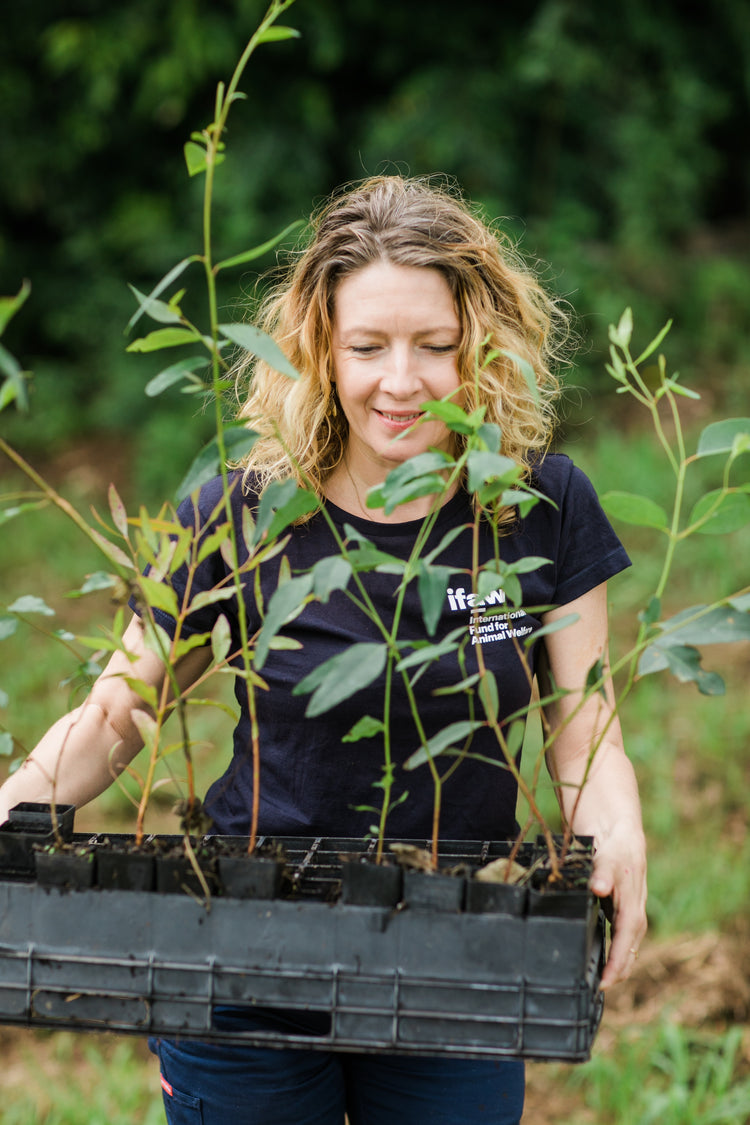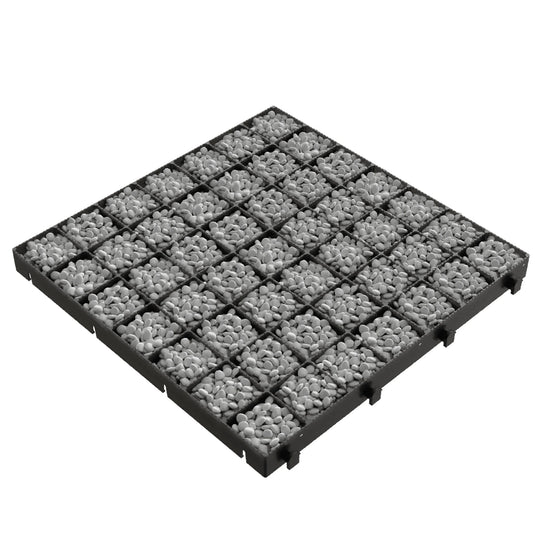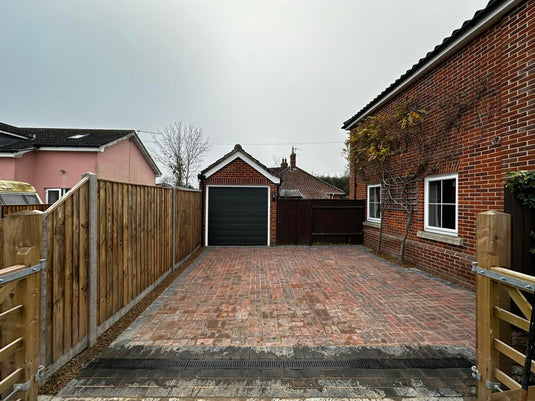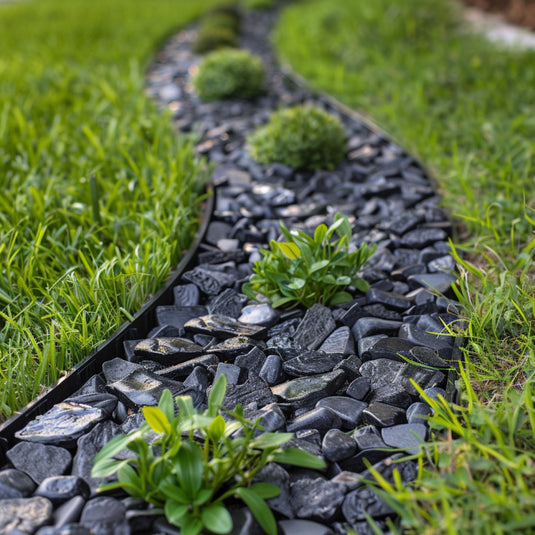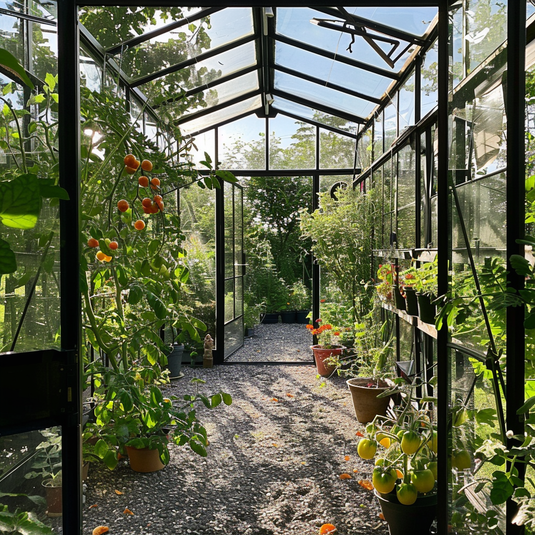As the world becomes increasingly conscious of the environmental impact of manufacturing processes, companies are under pressure to reduce their carbon footprint. In the plastics industry, this is particularly important, given the material's reputation for being difficult to recycle and its contribution to pollution. At IBRAN, we recognise the importance of minimising our carbon footprint, especially when it comes to injection moulding recycled plastic construction products.
Injection moulding is a popular method for creating plastic products, but it can also be energy-intensive. To minimise our energy use during the injection moulding process, we have implemented several initiatives. For example, we have optimised our manufacturing processes to reduce waste and improve efficiency, minimising our energy consumption as a result. We have also invested in energy-efficient machinery and equipment, such as LED lighting, to reduce our energy use further.
One of the key ways we are minimising our carbon footprint is by using 100% renewable energy suppliers. By choosing suppliers who generate electricity from renewable sources such as wind and solar, we are able to reduce our reliance on fossil fuels and contribute to a more sustainable energy future. This not only helps us to minimise our carbon footprint, but it also supports the growth of the renewable energy industry.
In addition to minimising our carbon footprint, we also recognise the importance of promoting reforestation and afforestation. That's why we plant roughly 24,000 trees per year for every order placed with us. Trees are known to absorb carbon dioxide, a greenhouse gas that contributes to global warming, during their growth. An average tree can absorb approximately 48 pounds (21.8 kg) of carbon dioxide per year, which equates to about one metric ton of carbon dioxide over its lifetime. By planting trees, we are helping to offset the carbon emissions generated during our manufacturing processes and contribute to a more sustainable future.
Using recycled plastic construction products is another key part of our sustainability strategy. These products offer several benefits, including reduced waste and lower environmental impact. Recycled polypropylene, for example, can result in significant energy savings and greenhouse gas emissions reductions compared to virgin polypropylene. Studies have shown that using recycled polypropylene as a feedstock for plastic production can result in a 35-60% reduction in energy consumption and greenhouse gas emissions compared to using virgin polypropylene.
At IBRAN, we are proud of our sustainability efforts, and we are working towards receiving several certifications and recognitions for our work. For example, we are applying for membership of the United Nations Global Compact, a program that encourages companies to adopt sustainable and socially responsible policies.
In conclusion, at IBRAN, we are committed to minimising our carbon footprint in injection moulding recycled plastic construction products by investing in energy-efficient machinery, using 100% renewable energy suppliers, and planting trees. By using recycled plastic construction products, particularly recycled polypropylene, we are contributing to a more sustainable future. We believe that these efforts are not only good for the environment, but they are also good for business, helping us to create a more sustainable and resilient company for the future.
Citations: European Commission. (2016). Study on energy savings potential from the use of recycled plastics in new products. Retrieved from https://ec.europa.eu/environment/ecoap/sites/ecoap_studies_en.htm
Sayed, M. A., & Gani, M

